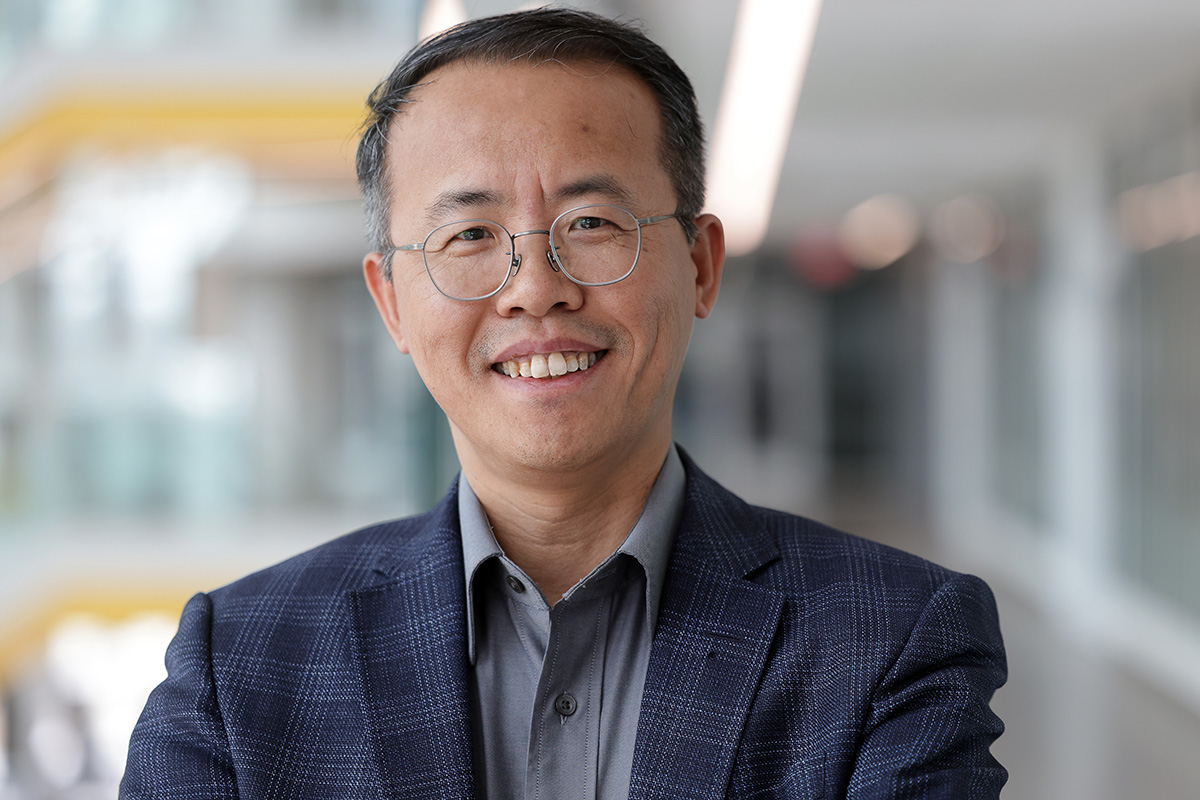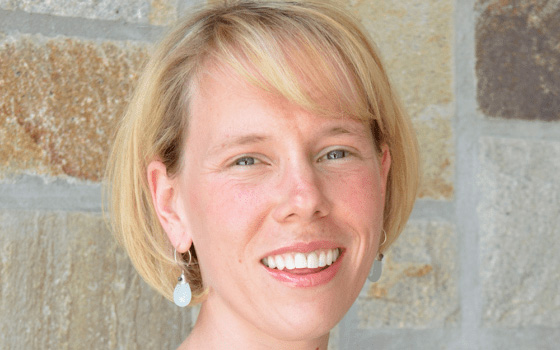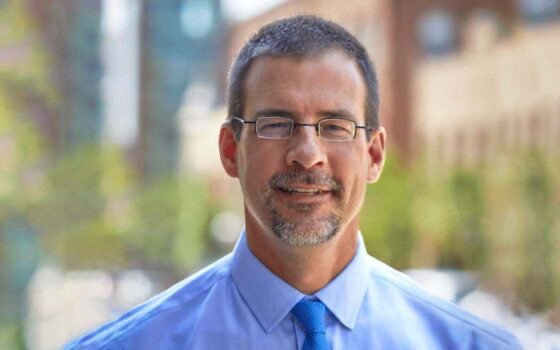From the Director

Mcity Director
Mcity takes pride in its ability to adapt, evolve and grow in response to an ever-shifting mobility landscape.
The most significant change in our history came March 1, 2025, when we became part of the University of Michigan Transportation Research Institute, and I became director of UMTRI.
UMTRI, celebrating its 60th anniversary in 2025, is a leader in transportation safety research. From advancing child restraint systems to leading one of the world’s largest deployments of connected vehicles and infrastructure, UMTRI research informs global safety practices.
Mcity in 2025 marks the 10th anniversary of its purpose-built test facility for evaluating connected and automated vehicles. This was the most innovative and experiential area of automotive research at the time the Mcity Test Facility opened. Since then, Mcity’s mission has evolved into serving as a makerspace for mobility innovation, from vehicle testing methods to smart city technologies and more.
By combining Mcity and UMTRI into one organization, we'll be able to multiply the research capabilities we have for even greater impact, and build an even stronger reputation globally.
Mcity is evolving as the landscape for mobility research changes, especially against the rapid advancement of artificial intelligence. While the scientific challenges that have slowed the rollout of autonomous vehicles in large numbers have not yet been resolved, AI is accelerating us toward a breakthrough that we can also see is coming in our own research.

